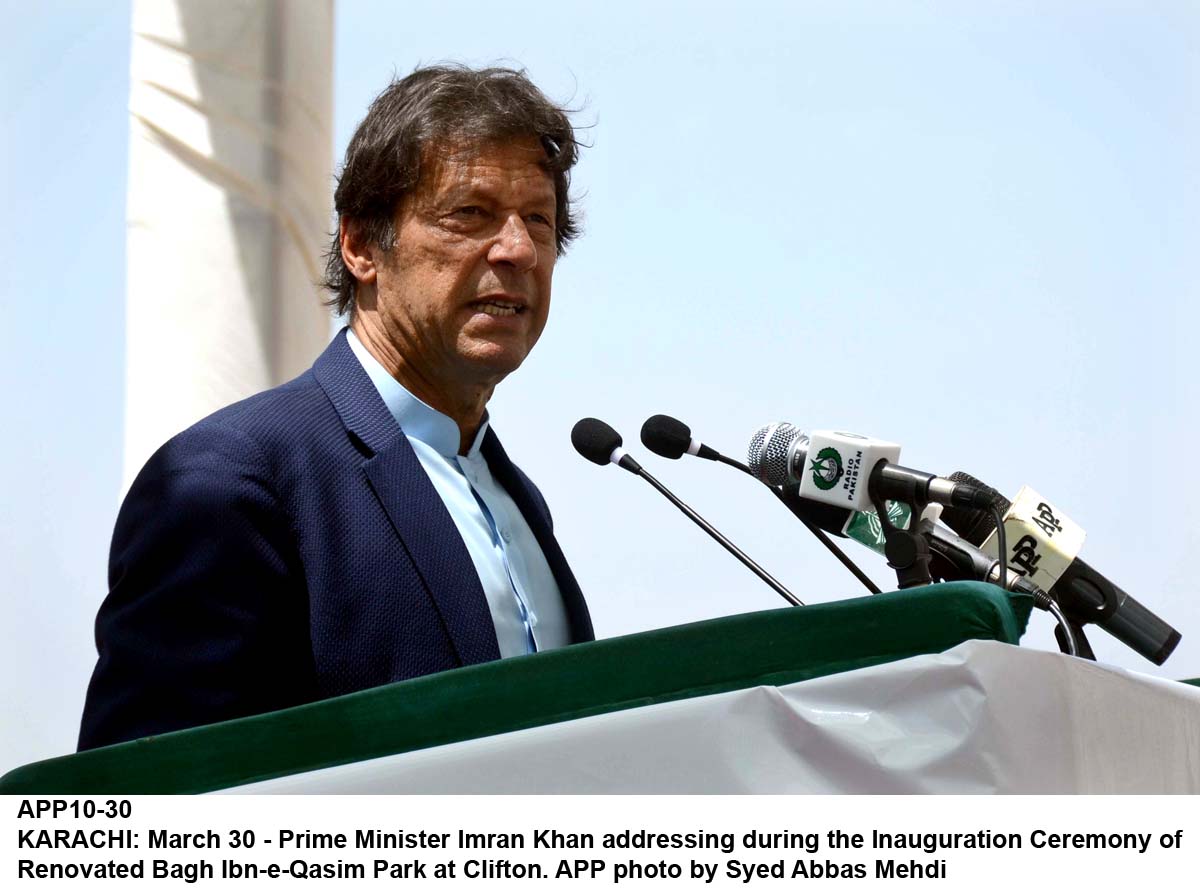ISLAMABAD: UNODC’s Country Office Pakistan together with Terrorism Prevention Branch (TPB) and in collaboration with national counterparts including the National Counter Terrorism Authority (NACTA) and Counter Terrorism Division, Ministry of Foreign Affairs (MoFA) Pakistan organized an online workshop on requesting electronic evidence from Service Providers (SPs) in counter terrorism related cross-border investigations. The virtual workshop was organized under the framework of a European Union (EU) supported project entitled “Pakistan’s Action to Counter Terrorism” (PACT) Sindh.
The proliferation of networking hardware such as computers, mobile phones, effortless internet acces
s and the availability of various digital tool
s and software has amplified the ease at which crime is being planned, organized and executed regardless of a perpetrators’ location. Once suspects are apprehended nearly all prosecutions depend, at least in part, on the use of electronic evidence, including location data, social media postings, text and emai
l message
s and records of cell phone calls. In response to the challenges faced by Member States, UNODC, in close cooperation and coordination with the United Nations Security Council Counter-Terrorism Committee Executive Directorate (CTED) and the International Association of Prosecutors (IAP) launched the Global Initiative on “Strengthening the Capacity of Central Authoritie
s and Counter-Terrorism Prosecutor
s and Investigators in Obtaining Digital Evidence from Private Communications Service Providers (CSPs) in Cross-Border Investigations, with a Particular Focus on Counter-Terrorism Matters”, in 2017.
The Global Initiative focuses on strengthening the capacity of national institution
s and officials to combat crimes committed through the use of information and communication technologies (ICT), as well as those involving electronic evidence.
“Pakistan has become a pilot country in Asia to partner with UNODC in customizing the global Practical Guide which would provide practitioners with the necessary method
s and skills to access th
e critical electronic evidence
needed to prevent, investigate, prosecute and adjudicate terrorism offences” said Masood Karimipour, Chief of Terrorism Prevention Branch, UNODC.
The virtual workshop brought together 30 law enforcement officers, prosecutor
s and representatives of national Central Authority, introducing them to the draft of country-specific guide in making requests for preservation, voluntary disclosure, emergency disclosure and Mutual Legal Assistance (MLA) in terrorist cases involving electronic evidence.
As a result of UNODC continued outreach, Service Providers (SPs) regularly supported the delivery of capacity-building events under the global initiative. Facebook, Apple and Careem participated in the online workshop addressing specific issues faced by criminal justice officials in Pakistan while s
ubmitting electronic evidence requests.
In his opening remarks, UNODC Representative Jeremy Milsom highlighted that internet users have doubled in Pakistan during the last 10 year
s and the trend is expected to grow and presently there are approximately 35 million users in the country. In majority of terrorism cases some sort of electronic evidence is relevant therefore it is essential we develop a country-specific guide to enhance the skill
s and knowledge of investigator
s and prosecutors to understand preservation, pre-mutual legal assistance, mutual legal assistance and emergency discourse requests.











